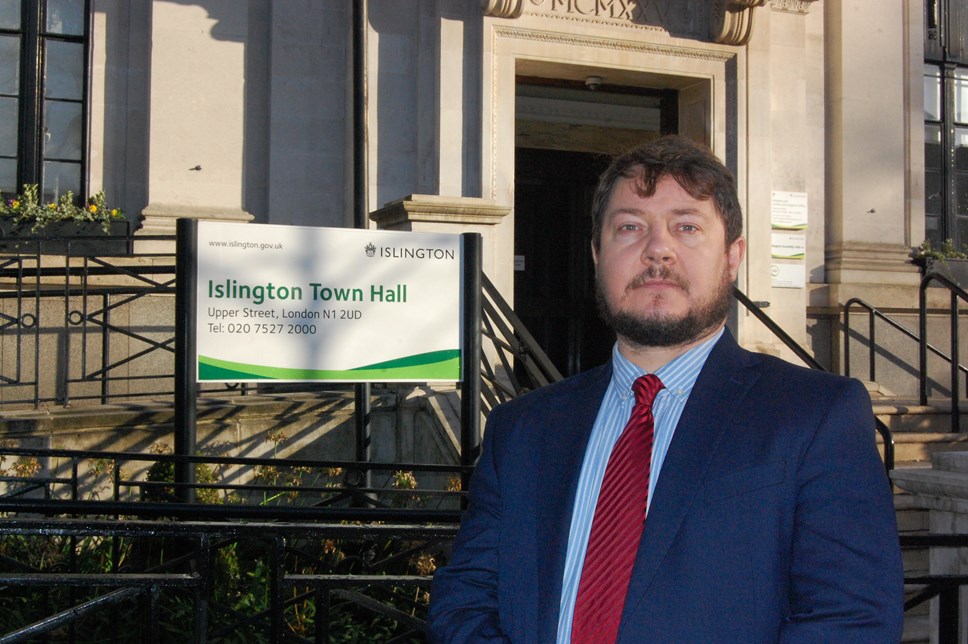
Islington Council helps over 2,000 residents cope with switching to Universal Credit
Islington Council has assisted residents impacted by the rollout of the government's Universal Credit system with a one-off payment equivalent to one week's net rent.
Almost 6,000 Islington residents - both in and out of work - have so far had to switch onto the government's Universal Credit system. Over a third of them live in council homes. Three in four Universal Credit claimants living in council homes in the borough are now in rent arrears.
The average arrears for council tenants currently sits at £1,266 - an 11% increase since October 2018. Altogether, tenants on Universal Credit in arrears owe the council almost £2m in unpaid rent.
Some claimants continue to experience delayed payments and difficulties navigating Universal Credit, forcing households in Islington to seek debt advice, ask for council tax support and make difficult choices on which bills to pay. Nationally, according to government figures, the proportion of new Universal Credit claims paid but not paid in full on time remains high, at 16 per cent - this is the equivalent to nearly 1,000 Islington residents.
To help residents affected by the transition to Universal Credit - in what is thought to be the first move of its kind in the UK - the council has offered extra assistance with a one-off Discretionary Housing Payment (DHP).
In total, the council is helping 2,147 households, many of whom have experienced delayed payments and other problems relating to Universal Credit. The council aims to alleviate the strains that the government's welfare reforms are putting on households by automatically making the one-off payment to council tenants in receipt of Universal Credit, regardless of when they transferred to it. The average payment is £134.53.
Cllr Andy Hull, Executive Member for Finance, Performance & Community Safety said: "This council has no confidence in Universal Credit, which is badly discredited and should be scrapped. It is failing the very people it was supposed to support. With 40 per cent of claimants needing to access additional council tax support and many not able to pay their childcare fees, it is clear something has gone terribly wrong. Some vulnerable groups, such as people with learning difficulties, are particularly badly affected."
"We are aware of the day-to-day struggles facing many families in the borough who are on Universal Credit. That's why these Discretionary Housing Payments are so important. We are committed to supporting residents who are experiencing financial difficulties and we will do all we can to ensure that they are not forced to breaking point by a system that is not fit for purpose."
This additional £250,000 of Discretionary Housing Payments comes three months after the council unanimously passed a motion calling on central government to scrap Universal Credit after a series of significant problems have been identified but have not been adequately addressed by the government.
On top of the council tenants who have benefitted from these DHPs, 320 tenants in housing association properties and privately rented homes also applied for and benefited from the scheme.
The council has made several other interventions to support residents affected by Universal Credit, from issuing information materials, to offering advice in jobcentres and council premises, to making additional crisis payments for heating and food. The number of residents needing to access support from the borough's Advice Alliance (which includes charities like Islington Law Centre, Citizen's Advice and Islington People's Rights) continues to increase, as more and more people feel the impact of Universal Credit.
Contact information
If you are a member of the public with a general question about the council please view the contact information on our website or call 020 7527 2000.
